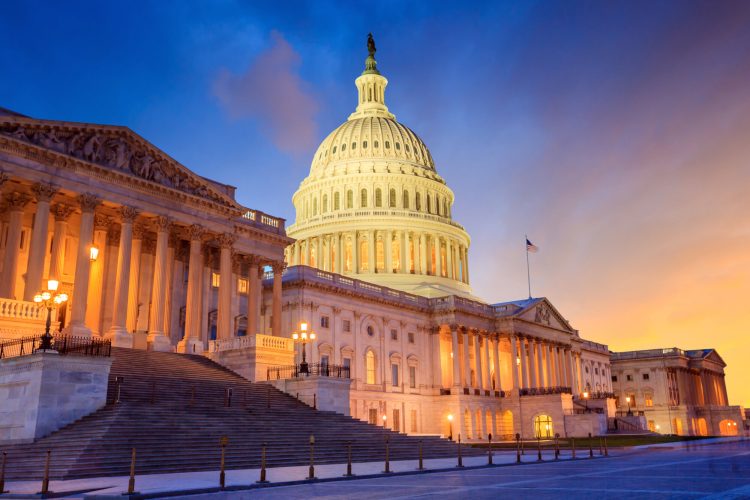Diane Lim, a principal at District Economics Group and former chief economist for The Concord Coalition, draws a parallel to personal finances in explaining the federal deficit.
“On a basic level,” she says, “the government borrows for the same reason an individual borrows: When they want to consume, or spend, more than their current income allows. The government deficit is just the difference between annual spending and the government’s annual revenue.”
Lim, whose recurring segment on “Facing the Future” is called the Economist Mom, was featured in the latest program. Lim spoke with Concord Coalition Executive Director Robert L. Bixby and Chase Hagaman, the host of “Facing the Future.”
Together they broke down the process of financing budget deficits and the associated impacts on individuals and the nation’s economy.
The national debt is largely the result of all of Washington’s previous annual deficits. Interest payments on that debt are the most rapidly growing part of the federal budget.
This growth, Bixby said, is such that “in a couple years interest will be a bigger cost to the federal government than defense.”
Lim said, ”Where you get into trouble is where you are building up debt that you will have to keep paying back in the future and . . . interest is compounding, but the things you put on your credit card, the things that you borrowed for, are not things that add to your economic capacity going forward.”
As The Concord Coalition’s New Hampshire state director, I joined Hagaman to discuss my latest grassroots efforts and how easy it is for citizens to get involved with the organization. A primary goal of the organization is to help people understand the federal budget and the dangers of excessive government debt.
To that end I have been visiting local civic organizations and colleges to give speeches and conduct interactive budget exercises. We work with volunteers around the country and encourage citizens to pay attention to fiscal issues, which is especially important during election seasons.
As citizens engage candidates both in the upcoming elections and in 2020, we hope that they are able to take the information that we are giving them and apply it to the things that they care about in their conversations with candidates, and hopefully impress upon candidates that a responsible fiscal future is just as important as any partisan goal.
Hagaman hosts “Facing the Future” each week on WKXL, NHTalkRadio.com (N.H.), which is also available via podcast. Join him and his guests as they discuss issues relating to national fiscal policy with budget experts, industry leaders, elected officials and candidates for public office. Past broadcasts are available here. You can now subscribe to the podcast on iTunes, Google Play or through RSS.
Continue Reading







